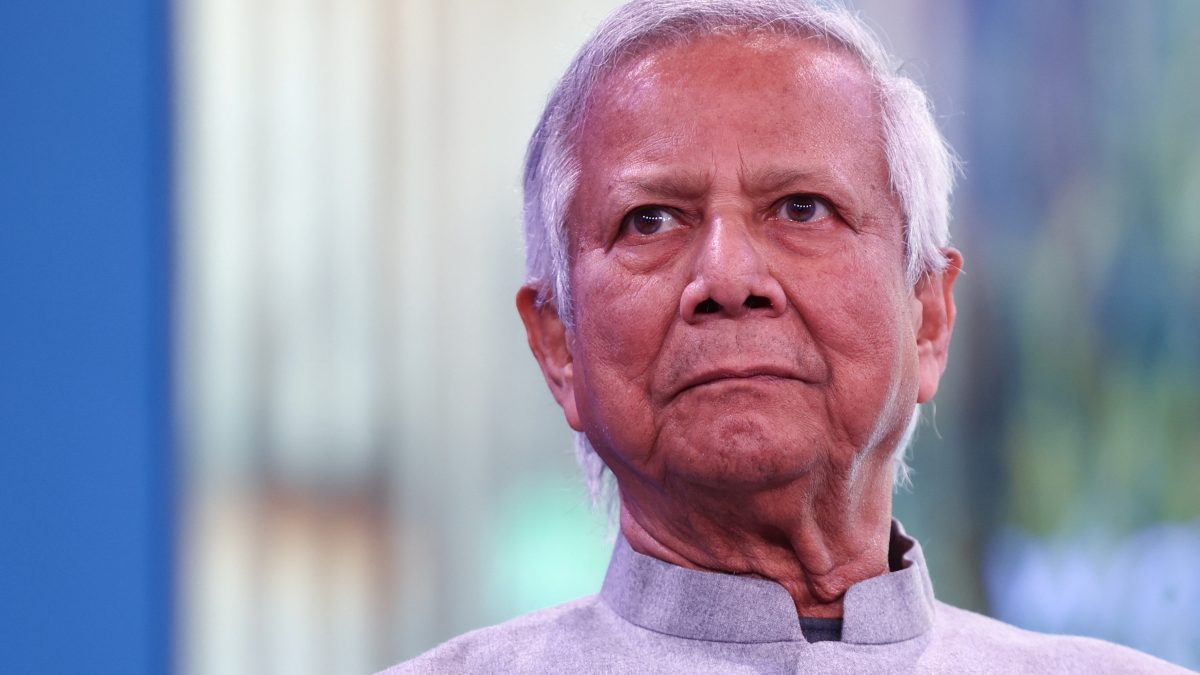One year after the fall of Sheikh Hasina’s long-standing government, Bangladesh finds itself grappling with a new era of lawlessness. The once tightly controlled, if unofficial, system of extortion under the Awami League has given way to a fragmented scenario where various political factions, student groups and unaffiliated criminals now compete for dominance.
Over the past year, since Hasina’s exit, Bangladesh has descended into lawlessness under the unelected interim rule of Muhammad Yunus , who was installed by agitators and the military
Following Hasina’s dramatic resignation and flight on August 5 last year amid a popular uprising, extortion has exploded into a decentralised and pervasive threat for businesses across the country, Nikkei Asia reported.
What used to be an unofficial yet predictable system of political “tolls” under the Awami League has become a free-for-all. The absence of central control has led to multiple competing actors engaging in extortion, ranging from groups aligned with the Bangladesh Nationalist Party (BNP) and Jamaat-e-Islami to opportunistic criminals and militant student factions.
Business under siege
Builders, traders and contractors alike are reporting alarming demands. Recent data highlights this surge. Police in Dhaka recorded at least 70 extortion cases per month in the first half of 2025 — a staggering leap from just 22 reported cases in 2021, Nikkei Asia reported. The real number is likely far higher, as many victims remain silent out of fear or mistrust of authorities.
The chaotic uprising that brought down Hasina last year was largely driven by youth-led movements. Ironically, many of the same student groups that championed “anti-corruption” ideals are now implicated in rampant extortion.
Impact Shorts
More ShortsOne case highlighted by Nikkei Asia involved a former Awami League lawmaker coerced into paying Tk 50 million by a gang linked to Students Against Discrimination — a key group behind the 2024 protests. Despite public disavowals by major parties, extortion appears deeply entrenched.
Criminal networks resurface
Alongside politically affiliated groups, notorious crime figures — many previously imprisoned or operating from abroad — have resurfaced. Reports from The Daily Star have linked prominent names like Subrata Bain, Sanjidul Hassan Emon and Abbas Ali (a.k.a. Killer Abbas) to extortion schemes targeting contractors, shop owners and even school construction projects.
These incidents have generated widespread anxiety among businesspeople, with some openly admitting they have had to abandon projects entirely.
Price hikes and economic strain
The economic fallout from this wave of extortion is being felt across Bangladesh. With contractors, distributors and shopkeepers forced to factor in unofficial payments at every stage, the cumulative effect on prices has been severe.
Bangladesh Bank data shows that while year-on-year inflation stood at 8.48 per cent in June, the 12-month average remains above 10 per cent, indicating persistent price pressures. Finance adviser Salehuddin Ahmed has acknowledged that supply chain extortion plays a key role in this inflationary spiral.
Still, some economists urge caution. Rushad Faridi of the University of Dhaka pointed out that while extortion certainly distorts prices, the lack of formal data on the scale of such activities makes it difficult to quantify their precise impact. He emphasised that inflation in Bangladesh remains a complex structural issue, the Nikkei Asia reported.
Law enforcement limitations
Though police officials insist they are acting on complaints, their efforts appear insufficient to stem the tide. Unless the government can demonstrate serious commitment to reform — by reasserting control, increasing police professionalism and restoring political stability — the trend will only worsen.
A year after Hasina’s fall, Bangladesh stands at a critical juncture. What was once a centralised system of illicit control has now become a chaotic, dangerous free-for-all. For business owners — large and small — the cost of survival has never been higher.
)